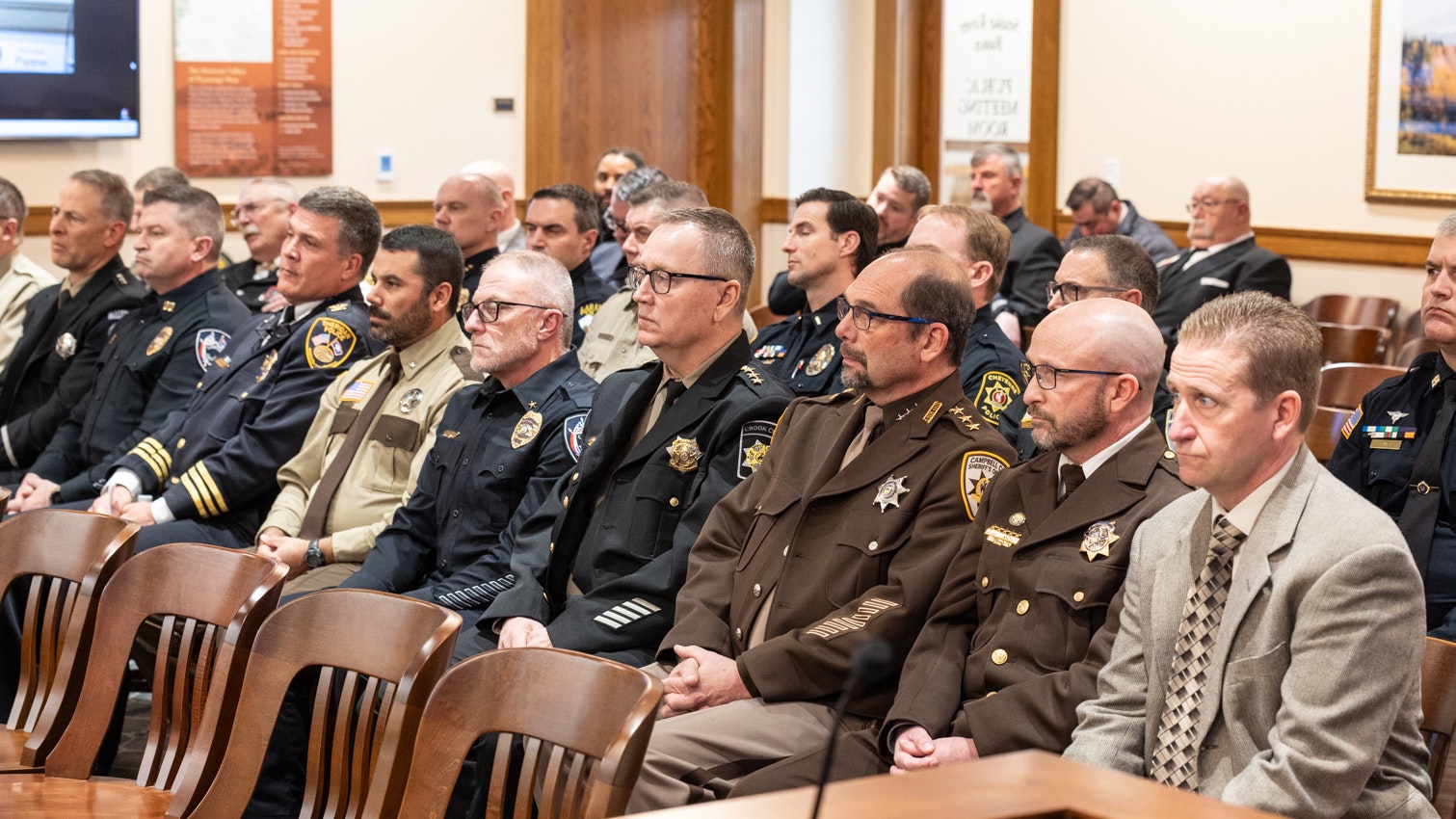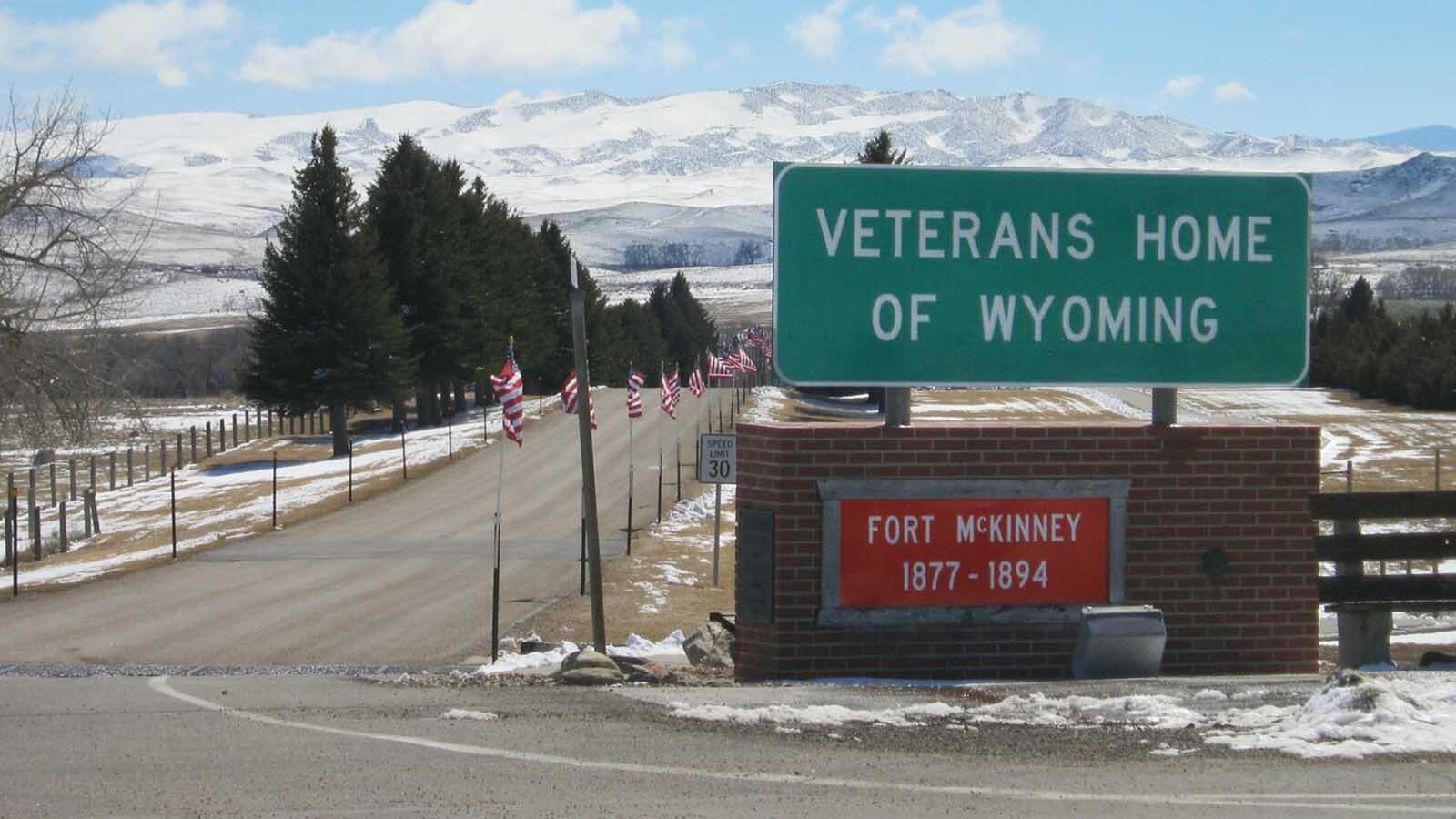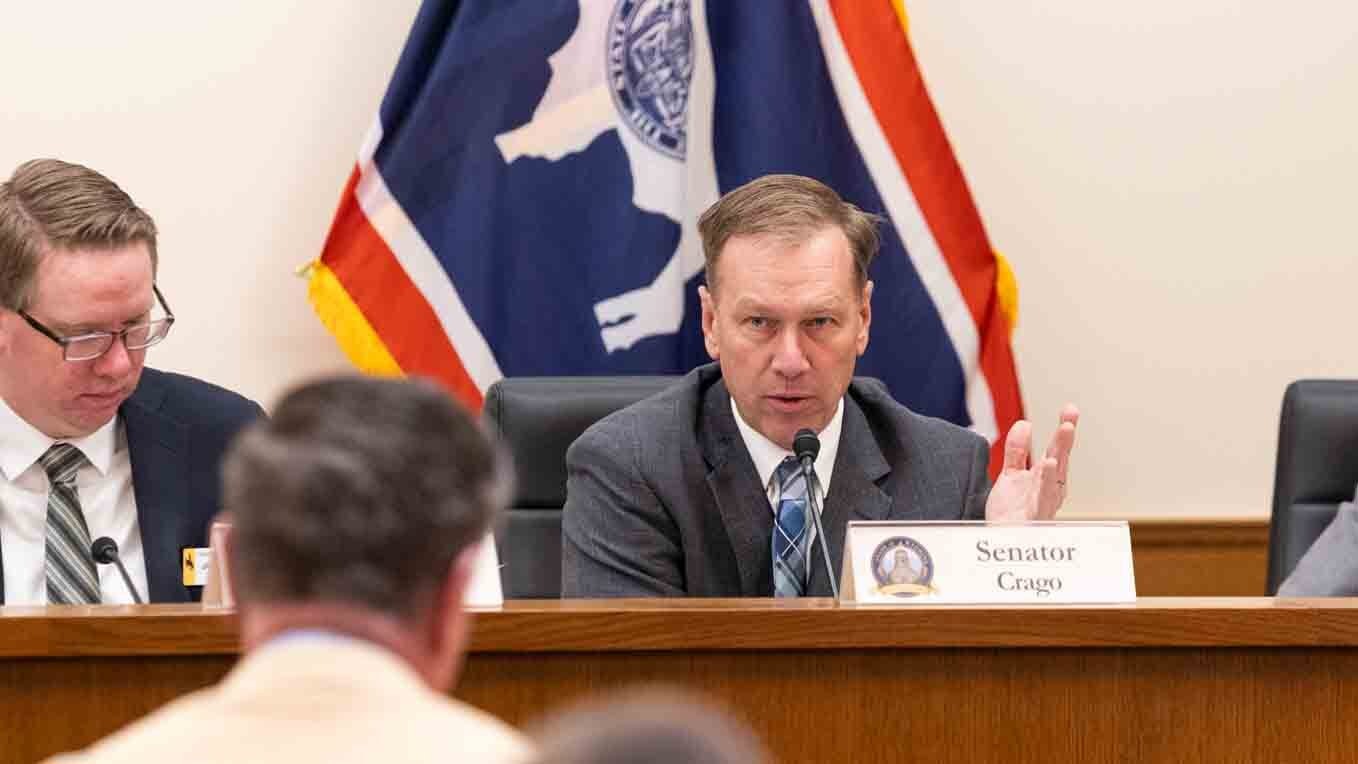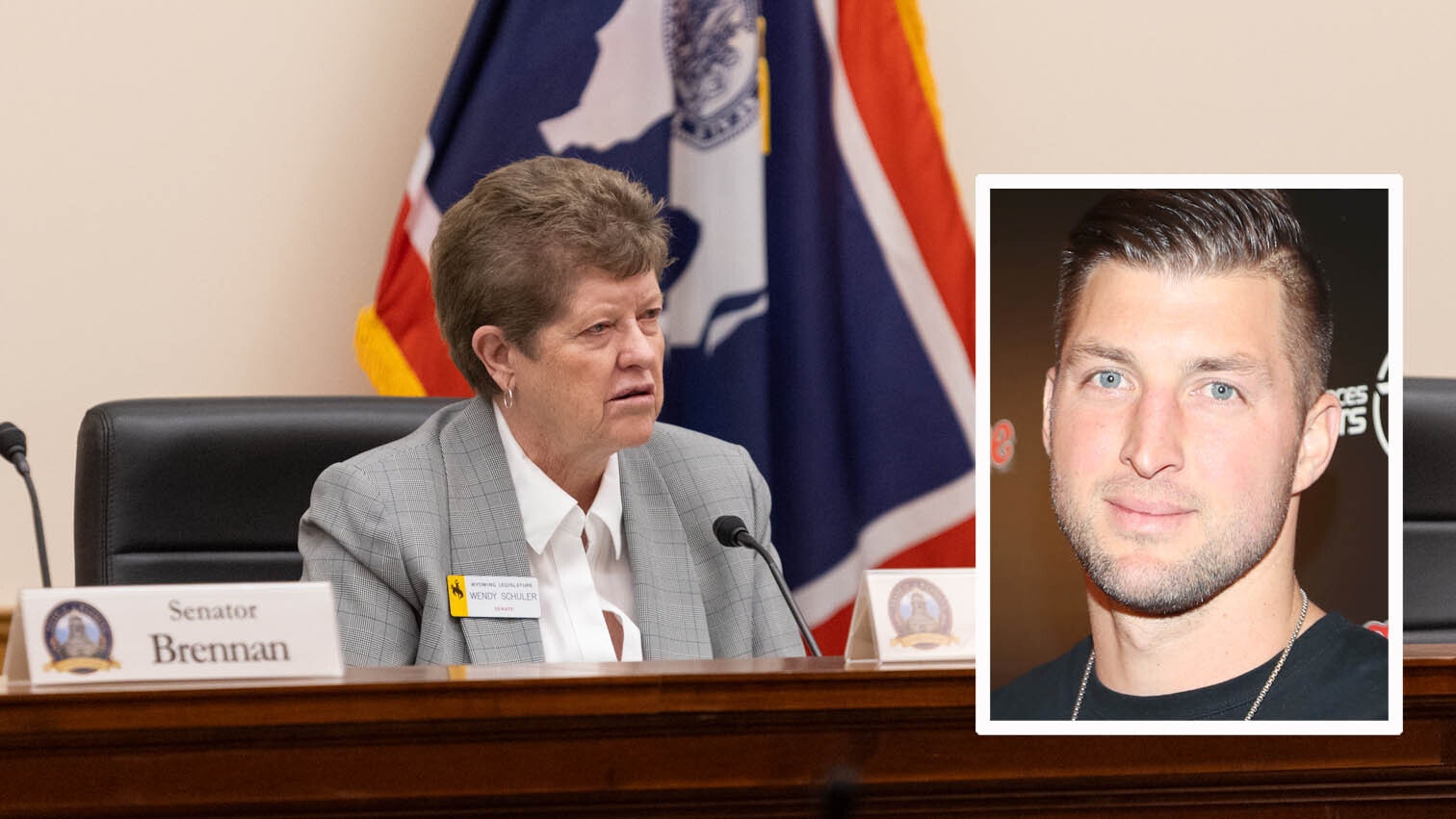With the President Donald Trump-endorsed Safeguard American Voter Eligibility Act (SAVE) Act now moving to the U.S. Senate, fears have started to mount that if passed into law the federal legislation will make it harder for married women to register to vote.
Wyoming’s congressional delegation and Secretary of State Chuck Gray both say these concerns aren’t justified and are being used as a fear tactic to scare people away from supporting the legislation. Democratic Rep. Ilhan Omar of Minnesota has even gone as far as saying it will “disenfranchise millions of voters.”
“The Democrats’ arguments are nothing more than making false claims aimed at preventing these common-sense, election integrity measures that the people of Wyoming, and the people of America, support,” Gray said.
Specifically, Gray said there’s no evidence that a woman’s maiden name from her birth certificate or other documents wouldn’t be accepted as a proof of identification if she changed her name once married.
Similarly, White House Press Spokesperson Karoline Leavitt called these claims “a complete fallacy” and mentioned how there are other measures provided within the bill on how to alleviate situations where a name has changed.
Both U.S. Sens. John Barrasso and Cynthia Lummis say they plan to vote for the bill that passed the House on a 220-208 vote last week.
“We need to make sure illegal immigrants aren’t allowed to vote,” Barrasso said. “The SAVE Act blocks illegal immigrants from voting while also giving states the flexibility to ensure legal voters, including married women, are not negatively impacted when registering to vote.”
The House may be as far as the legislation will go as 60 senators have to give consent for a vote on any new legislation to occur. Only four Democrats voted to support the bill in the House.
“This common-sense legislation earned bipartisan support in the House, and I remain hopeful that Democrats in the Senate will join our efforts to enhance the integrity of our electoral system,” Lummis said.
The piece of the SAVE Act that concerns some groups is the requirement to prove U.S. citizenship before registering to vote. Acceptable documents will include a birth certificate, U.S. passport, naturalization paperwork and certain versions of the Real ID that indicate citizenship.
But for a woman who’s changed her last name as a result of a marriage and doesn’t have a passport or marriage license readily available, producing necessary documentation could be difficult. For example, more than half of all Americans do not have a passport, according to a 2023 YouGov survey.
Although Gray is technically right, the bill is somewhat ambiguous and does not say a woman’s maiden name would be accepted carte blanche either, leaving it up to the states to determine additional documents accepted.
Opposition Perspective
Marissa Carpio, policy director of the Equality State Policy Center, said her organization opposes the bill and encourages Wyoming residents to reach out to Barrasso and Lummis to try and get them to vote against it.
"Everyone agrees that only lawful U.S. citizens residing in Wyoming should vote in our state’s elections,” Carpio said. “The real divide is between those who prioritize protecting the rights of qualified voters and those who choose to engage in political theater at the expense of hard-working Wyomingites and their voting rights."
Carpio also said many people also incorrectly see voter disenfranchisement as limited to people who are directly blocked from voting. In reality, she sees it as a much more expansive group that includes people who want to vote but are prevented from doing so because of onerous requirements that cause them to give up before fulfilling their goal.
There is no evidence that noncitizen voting is widespread in Wyoming or American elections, yet proponents of the SAVE Act like Barrasso and Lummis say it is critical to prevent it from happening.
The current federal voter registration form requires voters to swear — under penalty of perjury — that they are U.S. citizens, and some states take additional steps to verify citizenship. Noncitizens who attempt to vote face steep penalties like jail, fines and deportation.
Trump also signed an executive order last month directing the Election Assistance Commission to change the federal registration form to include a requirement to show proof of citizenship.
The new legislation orders states to determine what additional documents should be required when local voters have a discrepancy on their proof of citizenship document. The SAVE Act is very similar to legislation passed into law in Wyoming earlier this year that requires proof of U.S. citizenship to vote in all elections. Under the Wyoming law, a driver’s license or ID card, U.S. passport, birth certificate, and other documents are all eligible to prove U.S. citizenship.
Even if they are successful in voting, Carpio argues that the SAVE Act unjustly puts additional requirements on many married women that men wouldn’t have to face.
“This will definitely add burdens for a very specific group of people,” she said.
Pushback
Cleta Mitchell, an advocate for stricter voting requirements who spoke in a Wyoming Freedom Caucus town hall last month, pushed back against that argument in a post on X.
"Under this nonsensical theory, married women are not capable of bringing the necessary documentation that shows citizenship AND married status," she wrote.
Gray also argues there is no evidence that a maiden name wouldn’t be accepted on a birth certificate.
“The radical Left won't be able to answer this challenge, because there is nothing in any of these bills prohibiting maiden names from being used for proof of citizenship for registering to vote,” he said.
The bill also seems to end online and mail-in voter registration with a requirement that proof of citizenship be provided in person as well.
Leo Wolfson can be reached at leo@cowboystatedaily.com.





